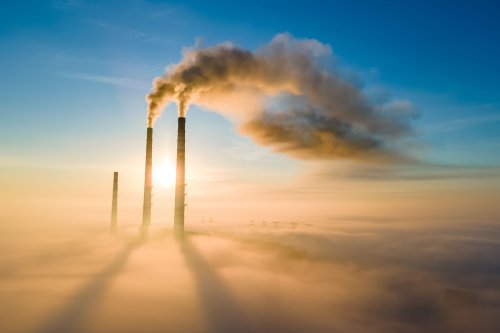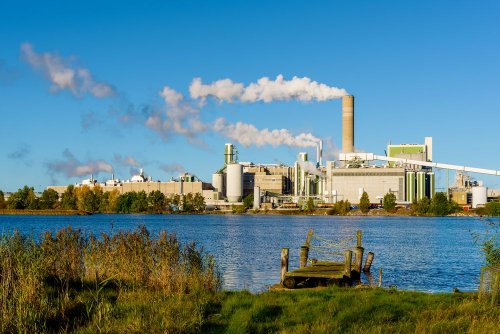The main driving force behind the post-war reconstruction of Ukraine should be the economy based on the principles of the European Green Deal.
As it is said on the Association's site, this was the conclusion made by the participants of the round table regarding the green restoration of Ukraine.
It is noted that the full-scale war did not distract Ukraine from the green transition.
"First of all, Ukrainian business is ready to participate in the implementation of the strategy to reduce the level of emissions, but for this, appropriate conditions must be created by both the Ukrainian and European authorities. Yes, one of the biggest obstacles to this is the regulation of the environmental sphere in Ukraine. So in the third edition of the White Book on reforming environmental policy "Deregulation of environmental legislation during the war and reforms for European integration", the Association's experts, in addition to key European integration reforms, emphasized deregulation measures to speed up green recovery in Ukraine. In particular, we are talking about revising the EIA procedure, moratorium on raising environmental standards , a moratorium on raising environmental tax rates, simplifying reporting, reforming the subsoil use industry," the message said.
The participants of the round table concluded that the industries destroyed due to the war should be restored already taking into account environmental standards.
"The idea of the green course is not to interfere with the work of business, but to offer new opportunities," said Hildegard Bentele, a member of the European Parliament.
It is emphasized that the European Parliament understands that it is impossible to implement all regulations at once, therefore gradual solutions will be implemented, because the long-term strategic goal is to decarbonize the economy, not to deindustrialize it.
The president of the Association of European RES Research Centers (EUREC), Rainer Jenson, considers the development of both RES and a new direction of alternative energy sources, such as green hydrogen, to be promising.
"Ukraine can become a reliable partner of the EU in the field of achieving climate neutrality and energy security, which is ideally suited for achieving the goals of RePower EU. Thanks to its agricultural capacities, Ukraine has the potential to produce biomethane, which can replace natural gas," the message states.
According to Reuven Stubbe, an energy and climate consultant at Berlin Economics, the EU economy is currently facing four challenges in the context of energy and decarbonisation.
"First of all, this is a gas issue, because next winter of 2023-2024, Europe may not accumulate enough gas for its needs, despite the fact that new LNG terminals have already been put into operation. At the same time, Ukraine has the largest underground gas storage in Europe, so cooperation between between the EU and Ukraine will be of key importance for filling the EU's gas reserves and increasing the security of supplies for both sides," noted the participants of the Round Table.
The EBA believes that mechanisms should also be developed to mitigate the price burden for both companies and households.
"It is very difficult to reduce the prices of energy resources while trying to preserve incentives for saving gas and electricity. Micro-financial long-term support from international partners will play a decisive role for Ukraine in this matter," the Association emphasized.
As stated in the message, there are powerful industrial companies in Ukraine that have taken certain steps to adapt to the green course even before 2022.
"In the future, Ukrainian business will continue to comply with the EU's environmental requirements, but in the conditions of a full-scale war, it is extremely difficult. Therefore, the business hopes for an open dialogue with the EU institutions to discuss opportunities to support decarbonization strategies for responsible companies," the EBA concluded.
As EcoPolitic reported earlier, European Commission is considering the possibility of financing expert assistance for the effective implementation of the Protocol on emission registers and the transfer of pollutants to the Aarhus Convention for Ukraine.





